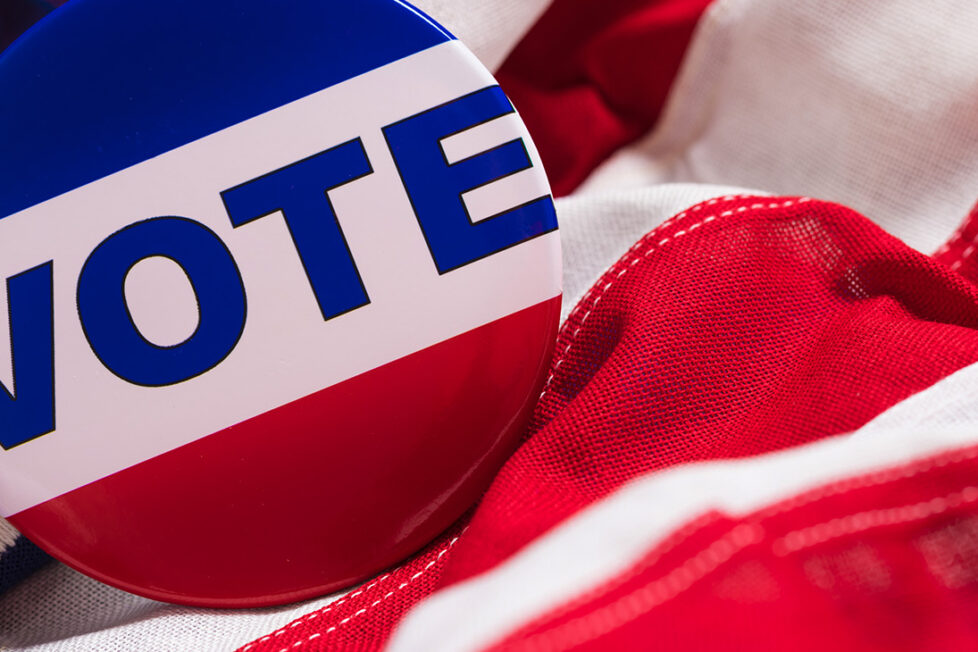What issues have women racing to the polls in 2024?

By: Nathaniel J. Greene, BBN
As the United States inches closer to a pivotal election, there are many critical concerns shaping women’s participation at the polls. From the rampant violence against women in political spheres to the pressing need for domestic workers’ rights, reproductive freedoms, and stringent gun control, an Ethnic Media Services briefing held on March 8 offered profound insights into the multifaceted issues at the forefront of women voters’ minds.
Confronting Violence Against Women in Office
Maya Kornberg of the Brennan Center for Justice highlighted the alarming abuse women in office face, emphasizing its broader implications.
“Over 40% of state legislators we surveyed had experienced threats or attacks… nearly 20% of local officeholders had,” Kornberg revealed. “This violence is a pervasive threat for those on the ballots.”
“Half of women in local office said it was deterring them from running for reelection,” Kornberg added, stressing the dire need for systemic protections to ensure the safety and participation of women in politics.
Upholding Reproductive Rights Amidst Growing Restrictions
Monica Simpson of Sister Song articulated the urgency of defending reproductive rights, especially in light of the Dobbs v. Jackson decision.
“Reproductive justice includes the human right to have the children that we want; raise our children in safe communities; to be able to prevent or have pregnancies without shame and with dignity,” Simpson asserted.
She pointed to the deepening crisis post-Dobbs, with nearly one in five patients now traveling out of state for abortion care. Simpson called for a bold stance against stigma: “We have to be willing to say the word abortion… Abortion care is health care.”
Advocating for Domestic Workers’ Rights and Economic Justice
Ai-Jen Poo of the National Domestic Workers Alliance spotlighted the stark realities faced by care workers and family caregivers, predominantly women.
“We don’t have a national affordable child care program, a federal paid family and medical leave program or a long-term care benefit,” Poo remarked, pointing to the 53 million overstretched family caregivers and over 7 million underpaid care workers.
With the median annual income for a U.S. homecare worker at a meager $23,000, Poo stressed the need for expanded care access: “The pandemic exposed our epidemic of low-wage work… Now, we need to value them as essential.”
Mobilizing Against Gun Violence for a Safer Future
Shikha Hamilton of Brady addressed the national epidemic of gun violence, stressing the pivotal role of women in advocating for reform.
Reflecting on the historical Million Mom March and its lasting impact, Hamilton noted, “Our calls for change more recently have led to the passage of the bipartisan Safer Communities Act.”
With 90% of Americans supporting background checks on all gun sales, Hamilton emphasized the bipartisan nature of the cause: “Women continue to lead this movement because we’re horrified to see what this epidemic is doing to us and our children… Women from all walks of life will continue to fight this epidemic.”
Through their powerful voices and relentless advocacy, women are not only confronting challenges but also shaping a path towards a more equitable and safe future. As Kornberg, Simpson, Poo, and Hamilton showed, the fight spans from the halls of government to the streets where marches become movements and these pressing issues, among many others, rest at the heart of our collective future with one of what could be the most historic elections of all time right around the corner.
